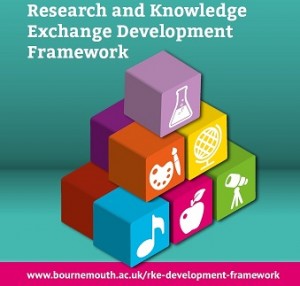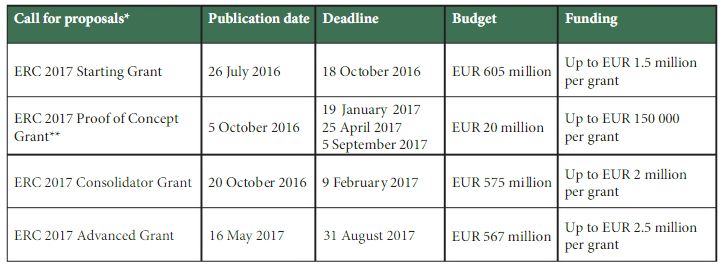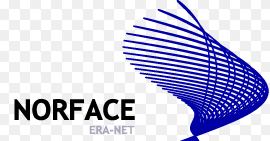Euraxess UK is a British Council hub, which aids researchers in their career development, supporting mobility and  acting as a support mechanism for researchers moving abroad or moving to the UK.
acting as a support mechanism for researchers moving abroad or moving to the UK.
Collaborating internationally or spending time on a research visit abroad can be very beneficial to a researcher’s career and can give researchers access to expertise, facilities, and research environments that significantly broaden their experience and networks. Euraxess UK provides support, with the funding database providing a good source of funding opportunities, and the Euraxess newsletter keeping readers up-to-date on relevant opportunities and events.
Key items from the current newsletter include:
Calling UK PhDs for a focus group on study abroad – Universities UK international (UUKi) will subsidise travel to London for participants in a focus group on Thursday 1st December. Please contact UUKi via Email.
Consultant opportunity for Newton Fund Training Programme in India – The Newton Bhabha Fund is currently seeking consultants to develop and deliver a professional development programme in India. The programme will consist of a series of training workshops for female scientists to help them become future leaders in science and technology. The deadline for applications is 07/11/16
Call for SPHEIR Partnership Proposals now open – SPHEIR (Strategic Partnerships for Higher Education Innovation and Reform) aims to transform higher education systems in focus countries in Sub-Saharan Africa, Asia and the Middle East to better meet the needs of graduates and employers. It supports diverse, large-scale partnerships working across different sectors and countries to improve the quality, relevance, accessibility and affordability of higher education. Call for applications is open until 20/02/17.
Consultancy opportunities in Brazil – Under the Professional Development and Engagement strand of the Newton Fund, there is a recruitment call for a supplier to identify existing online platforms and design, adapt and develop content that supports up to 2000 trained creative entrepreneurs in Brazil. The deadline for applications is 02/11/16.
Free ImpactE resource – Developed through one of the Euraxess collaboration projects, ImpactE (Integrate Mobile People through Innovative Actions in the Euraxess Service Centres), aims to provide support and reference to aid mobile researcher integration. By identifying some of the obstacles to international mobility, ImpactE have worked together to create this guide for trainers.
Dr Claire McNulty, the British Council’s Director of Science, looks at how much the UK benefits from existing scientific collaboration with Europe, and how to ensure this fruitful collaboration continues in future in The Science of Brexit.
Are you thinking of applying to the Newton Fund? Dr Adam Taylor shares what the British Council panel reviewers look for in applications to the Newton Fund
Why not sign up to receive the Euraxess UK Newsletter and find out about the support that is available? Please also take a look at the main Euraxess site, which brings togther the activities of the 39 national Euraxess services, inlciuding the science4refugees initiative.
If you are interested in Euraxess and its activities, please contact Emily Cieciura, RKEO’s Research Facilitator: EU & International and BU’s Euraxess UK Local Contact Point.



 Open access to peer reviewed publications has been anchored as an underlying principle in the Horizon 2020 and is explained in the
Open access to peer reviewed publications has been anchored as an underlying principle in the Horizon 2020 and is explained in the  When should Open Access be provided
When should Open Access be provided




















 Read and sign up to BU’s Policy Influence Digest
Read and sign up to BU’s Policy Influence Digest Upcoming opportunities for PGRs – collaborate externally
Upcoming opportunities for PGRs – collaborate externally BU involved in new MRF dissemination grant
BU involved in new MRF dissemination grant New COVID-19 publication
New COVID-19 publication MSCA Postdoctoral Fellowships 2024
MSCA Postdoctoral Fellowships 2024 Horizon Europe News – December 2023
Horizon Europe News – December 2023